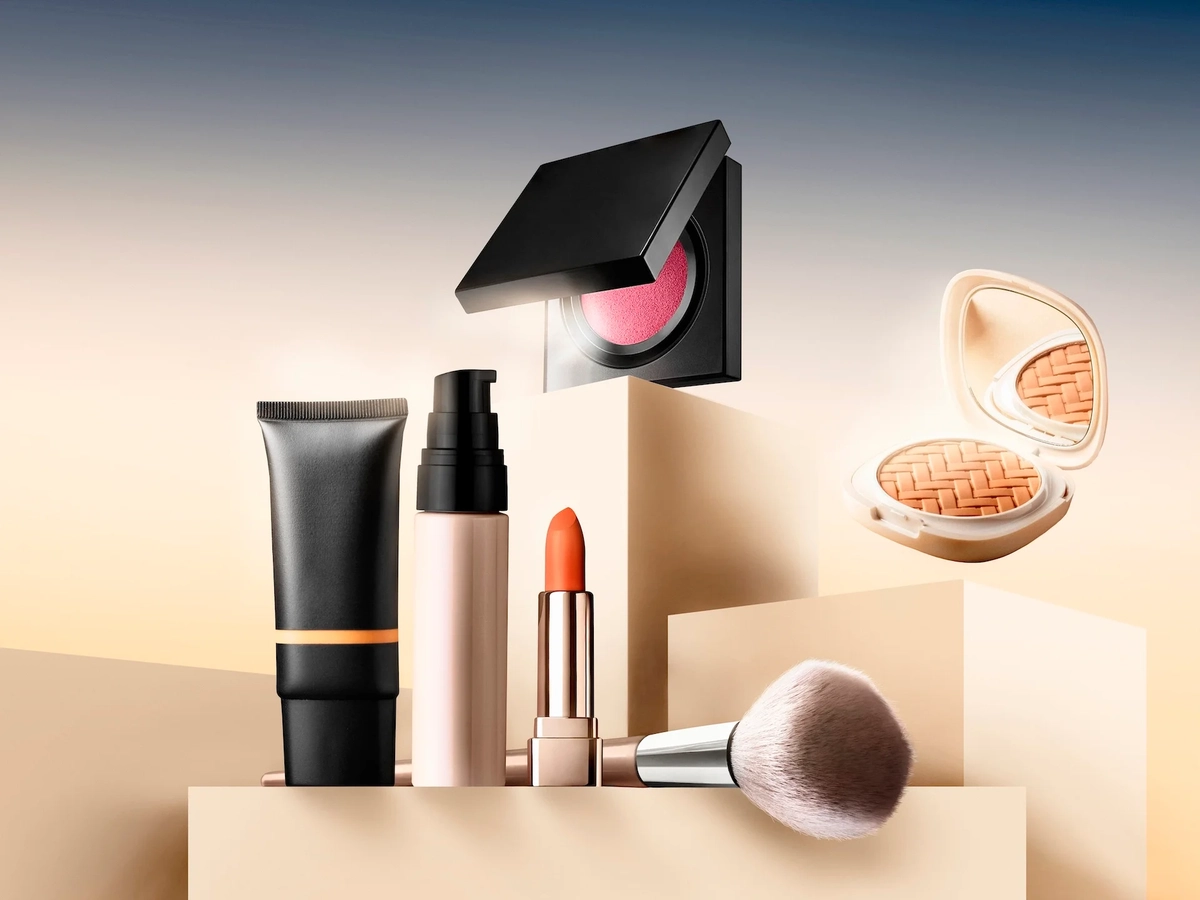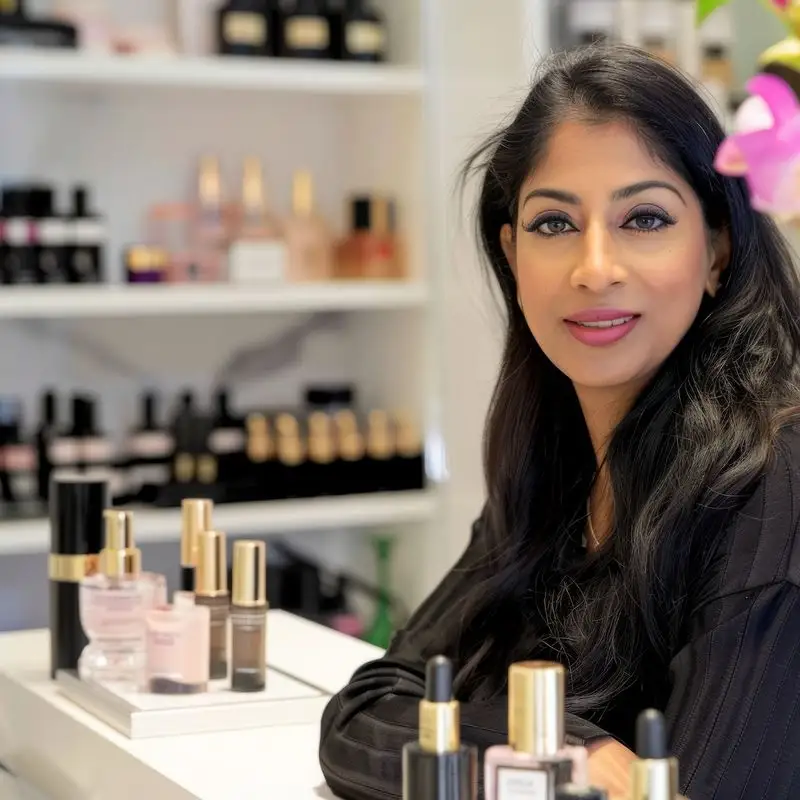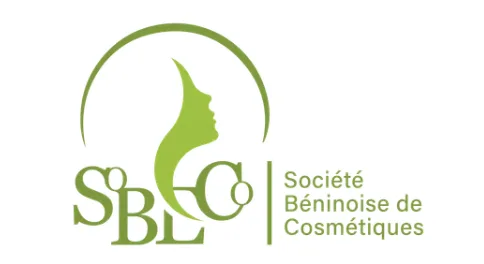$4.05 Bn
Market Size
6.86%
CAGR
$5.64 Bn
Forecast

*Note: Name, Email and Phone Number are mandatory.


Africa's cosmetic sector is a goldmine for investors, fueled by a rapidly growing, youthful population and rising disposable incomes. With an estimated generated revenue of $8.8bn*, Africa’s beauty market needs local manufacturers. Investors can tap into a lucrative market, with opportunities in local production & distribution.
Africa's cosmetic sector is a goldmine for investors, fueled by a rapidly growing, youthful population and rising disposable incomes. With an estimated generated revenue of $8.8bn*, Africa’s beauty market needs local manufacturers. Investors can tap into a lucrative market, with opportunities in local production & distribution.
$4.05 Bn
Market Size
6.86%
CAGR
$5.64 Bn
Forecast
Africa is home to a diverse range of plants that serve as essential ingredients for cosmetics, thanks to its rich biodiversity. Shea trees, predominantly found in West Africa, produce shea butter, a globally valued moisturizer and emollient. Similarly, marula trees of Southern Africa yield marula oil, renowned for its hydrating and anti-aging properties. Northern Africa offers argan oil in Morocco, which is a staple in hair and skin products due to its nutrient-rich profile. Other notable plants include baobab (known for its vitamin-packed oil) and aloe vera, widely available across East and Southern Africa for soothing skin care. Indigenous plants such as rooibos, kigelia, and hibiscus add antioxidant and anti-inflammatory benefits, appealing to a growing market for natural and organic beauty products.
Africa’s regional diversity in flora provides a unique opportunity to build a thriving cosmetics sector driven by local resources. By investing in sustainable cultivation and ethical harvesting practices, businesses can leverage these raw materials to produce high-quality, nature-inspired products. Local brands can emphasize the authenticity and traditional knowledge tied to these plants, tapping into the global demand for ethically sourced and environmentally conscious beauty items. Moreover, regional collaboration within Africa can enhance supply chains, ensuring efficient processing and distribution of raw materials while creating jobs, empowering communities, and strengthening the continent’s position in the global cosmetics industry.
Nov. 12, 2025
Why Global Investors are turning to Benin’s GDIZ | Inside Sobeco Cosmetics


June 21, 2024
Top 18 Investment Sectors in Africa With Unprecedented Business Growth Potential

Why invest in Africa’s cosmetic sector?
Africa’s expected market size of cosmetics is around $21 billion, plus the country's young, growing population and rising disposable incomes create a booming market for cosmetics. Untapped demand, natural resources for production, and digital growth make it a high-potential investment destination.
What is the demand for cosmetics in Africa?
Demand is surging due to urbanization, an expanding middle class, and a preference for products catering to diverse skin tones and natural ingredients. Consumers increasingly seek quality, inclusive, and sustainable beauty products.
Which countries offer the best opportunities in Africa’s cosmetic market?
Nigeria, South Africa, Kenya, and Egypt lead with their large consumer bases, growing e-commerce sectors, and supportive business environments. Emerging markets like Ghana and Côte d’Ivoire also show strong growth potential.
Are there opportunities for natural and organic cosmetics?
Absolutely. Africa’s rich biodiversity provides ample raw materials for natural and organic cosmetics. The growing preference for sustainable products creates a lucrative niche for eco-conscious investors.
How does e-commerce enhance the cosmetics market in Africa?
E-commerce platforms are transforming the market, enabling businesses to reach untapped areas cost-effectively. The rise of mobile penetration and online shopping makes digital channels a key growth driver.
What are the manufacturing opportunities in Africa?
Africa’s reliance on imported cosmetics creates significant opportunities for local production. Setting up manufacturing plants reduces costs, ensures quicker market delivery, and provides a competitive edge.
What role does cultural diversity play in the cosmetics sector?
Africa’s cultural diversity creates demand for tailored products catering to various skin tones, hair types, and preferences. This unique market ensures a broad customer base and opportunities for innovative offerings.
How does Africa’s young population drive the cosmetics market?
Over 60% of Africa’s population is under 25, fueling demand for beauty products. This youthful demographic embraces trends and digital shopping, ensuring steady growth for the cosmetics industry.
What are the opportunities in luxury cosmetics in Africa?
Rising disposable incomes and a growing middle and upper class drive demand for premium and luxury beauty products, creating a lucrative market segment for high-end brands.
Compare
Dear investor, please compare similar category items- either Locations or Opportunities.
*Already subscribed.
*Enter your name/email.

Sign up for exclusive investment alerts.
Already subscribed? Skip
Thank You For Subscribing to
Africa For Investors.

You will be redirected to AFI’s Linkedin Profile in 10 seconds.
Stay On AFI Website